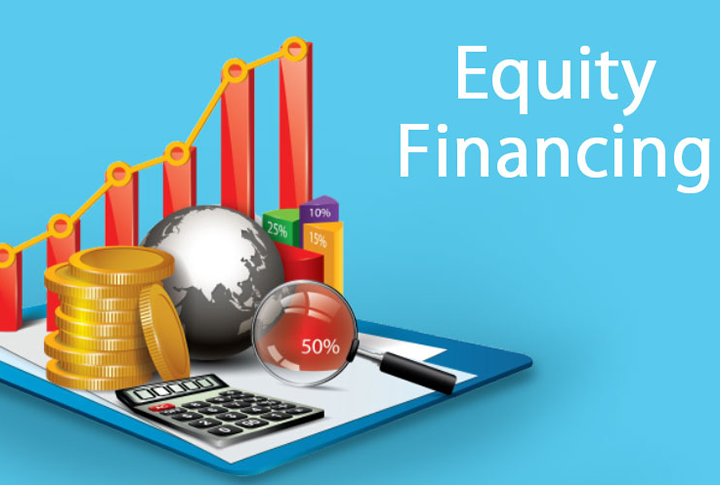The Difference Between Debt and Equity Financing That Can Help Your Business
When opening a small business, you will need extra capital. Some may get confused about which one to use – equity financing or debt financing? These are the questions that new business owners tend to ask and eventually, an important decision to make.
What is debt financing?
Debt financing is when a person borrows money from a lender which they will eventually pay the same amount back plus the interest. If you have experienced taking out a loan, then you have already used debt financing.
Pros of debt financing
When getting a business loan, you are in control of how you spend the extra capital. But some of the lenders impose a certain restriction, but for the most part, it is up to you on what to do with the financing.
A business loan will also not impact how you run your business, other than the loan payments that you owe to your lender.
Debt financing is a flexible category. There are different types of business loans and a bigger range of how much money you can get. It is also a more flexible repayment.
Cons of debt financing
On top of the money you borrow, you are paying interest. But if you plan it correctly, anything that you borrow should help you make bigger cashback.
Depending on your financials and credit score, it is not that easy to qualify for the loan that you want.
If you fail to repay the loan, the assets of your business could get seized by the lender.
What is equity financing?
Equity financing is when you can trade ownership of your business to angel investors or venture capitalists in return for their financing or capital.
Equity plays an important role in certain industries and different businesses such as technology startups and companies with global aspirations. In 2015, almost $60 billion venture capital was invested in the United States.
Pros of equity financing
You do not have to pay interest for the capital you borrow. So there is no need to put your business’ profits into debt repayments. This means you can earn more cash that you can use to grow your business.
By having the right investors, you can have a great experience, gain wisdom, and increase industry connections. These relationships that you build can last you for a very long time.
If your business fails, you are not required to pay back investments.
Cons of equity financing
It will take a longer time. Compared to some of the fastest debt financing options that are available, equity financing is quite slow.
You are giving away the ownership of your business, which means your decision power decreases. You will have to consult investors and you may even experience arguing with some over the direction of your company. In some cases, they are even forced to cash out and abandon their own business.
How do you know which one is right for you?
Some may have trouble deciding whether they will get debt financing or equity financing, here are the questions that you can ask yourself that may help you with your decision.
How soon do you need financing?
If you need the cash right away, then debt financing is the better choice. You can get business loans much faster. Some may just take hours if you applied to the right lenders. As for equity financing, you need to take time finding the right investors, drawing up legal documents, and pitching your business.
How much capital do you need?
If you don’t need a huge amount of money or you’re just aiming for a small amount in financing your business, then debt financing would be a good choice. Equity financing doesn’t usually come in small amounts, but you could get business loans for $10,000 or less.
Are you looking for more than just money?
If yes, then the better move is getting equity financing. Debt financing is more transactional, you borrow then you pay back what you owe. On the other hand, equity financing will give you access to an investor’s expertise. You can also establish a relationship that would have a huge impact on your business. You just have to make sure that you partner with the right people. However, if all you want is to have more cash in your bank account, then it might be wise not to get involved with other investors.
Do you mind sharing your business?
Some businessmen and entrepreneurs choose to keep their businesses to themselves, and there is nothing wrong with that. If you do not want to lose control over your business operations, then equity financing might not work for you. On the other hand, if you would like to welcome the experience and expertise of other investors or your concern is just funds than the ownership, then go with equity financing.
Finding the right type of financing is a big deal. It can have a long-lasting effect on how your business will work. Also, you do not have to limit yourself. You can combine debt financing and equity financing, based on what you need. There are a lot of businesses that also make use of both types of financing.
Photo Sources: Ukundi, GlobalAnalycticMarket, AccountingCoach


